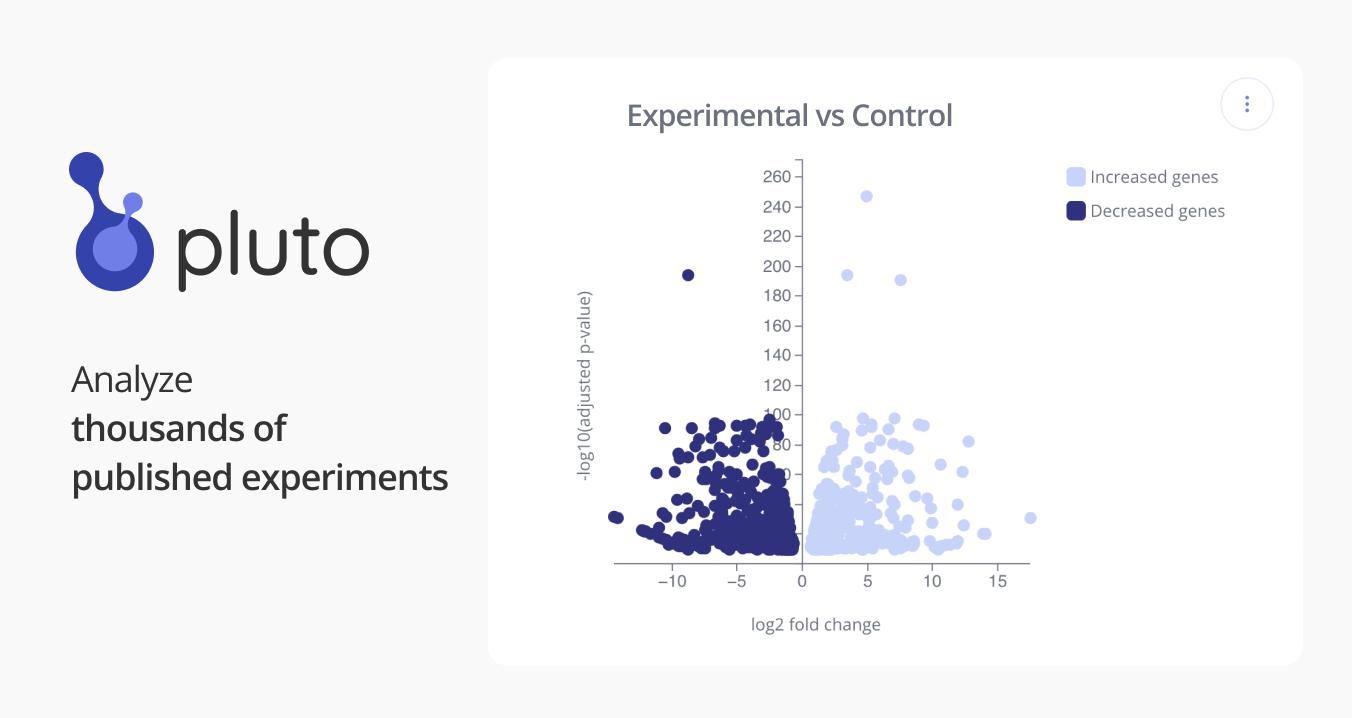Pluto Bioinformatics
GSE52069: Maternal hematopoietic TNF, via milk chemokines, programs hippocampal development and memory
Bulk RNA sequencing
TNF is a proinflammatory cytokine with established roles in host defense and immune system organogenesis. Here we report a novel physiological function of TNF that extends its effect beyond the host into the developing offspring. A partial/complete maternal TNF-deficit, specifically in hematopoietic cells, resulted in reduced milk levels of chemokines IP-10, MCP-1/-3/-5, and MIP-1, which in turn, augmented offspring postnatal hippocampal proliferation, leading to improved adult spatial memory. These effects were reproduced by the postpartum administration of a clinically used anti-TNF agent. Chemokines, fed to suckling pups of TNF-deficient mothers, restored both postnatal proliferation and adult spatial memory to normal levels. This work identifies a TNF-dependent lactrocrine pathway that programs offspring hippocampal development and memory. The level of ambient TNF is known to be downregulated by physical activity/exercise and adaptive stress; thus, we propose that the maternal TNF-milk chemokine pathway evolved to promote offspring adaptation to post-weaning environmental challenges/competition. SOURCE: Shifra,Liba,Klein (slk2002@med.cornell.edu) - Toth Weill Cornell
